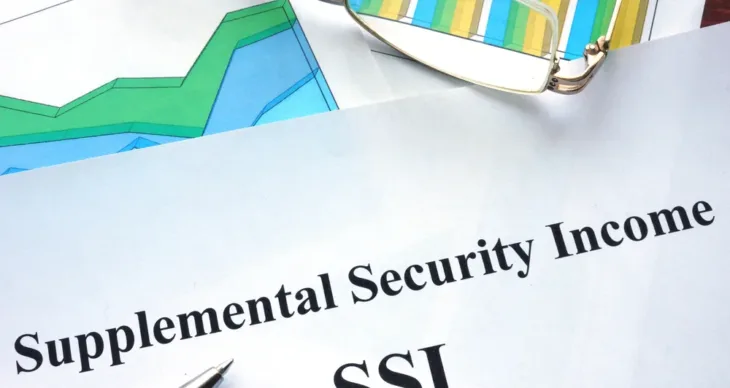If you’ve ever heard of SSI and thought, “That’s just for people who’ve worked their whole lives,” you’re not alone—but it’s not exactly true. Supplemental Security Income (SSI) is one of the few programs that doesn’t require a work history at all.
That makes it a lifeline for people with disabilities, seniors, or others who’ve had limited or no opportunity to work for wages.Unlike Social Security Disability Insurance (SSDI), which is based on work credits, SSI is funded through general tax revenue—not payroll taxes. That means it’s there for people who truly need help, even if they haven’t contributed to the system.
Typically, the following groups of people can usually qualify:
- Adults with disabilities who have limited income and resources
- People 65 and older with low or no income, regardless of disability status
- Children with disabilities in families with limited income
And here’s the part many people don’t know: SSI pays out monthly cash benefits—money you can use for basic needs like food, rent, or bills. As of 2025, the maximum federal benefit is $967/month for an individual, and some states add extra money on top of that.
So what do “limited income and resources” really mean?
Income includes money you earn from work or receive from other benefits, while resources include things like bank accounts or second vehicles. But not everything counts. Your primary home, your car (if you use it for transportation), and some small savings may be excluded. It’s definitely worth applying—even if you’re unsure.
If you’re a parent of a child with a disability, you might also qualify for SSI on their behalf. The rules are different for kids, and while your income is factored in, some specific deductions and guidelines make more families eligible than you’d think. SSI for children can open the door to other support programs, too, like Medicaid and special education services.
Worried the process is too complicated? Well, applying can take time, and sometimes it involves medical records or interviews. But many community centers, legal aid groups, and nonprofit organizations offer help—often for free.
In short, SSI is one of the few programs designed specifically for people who are most at risk of being left behind. If you’re struggling due to age, disability, or lack of income, you shouldn’t have to face it alone—and SSI might be the support you need.
Next up: A school meals program that does more than just feed kids—it removes financial stress from families and helps students thrive.
By Admin –
